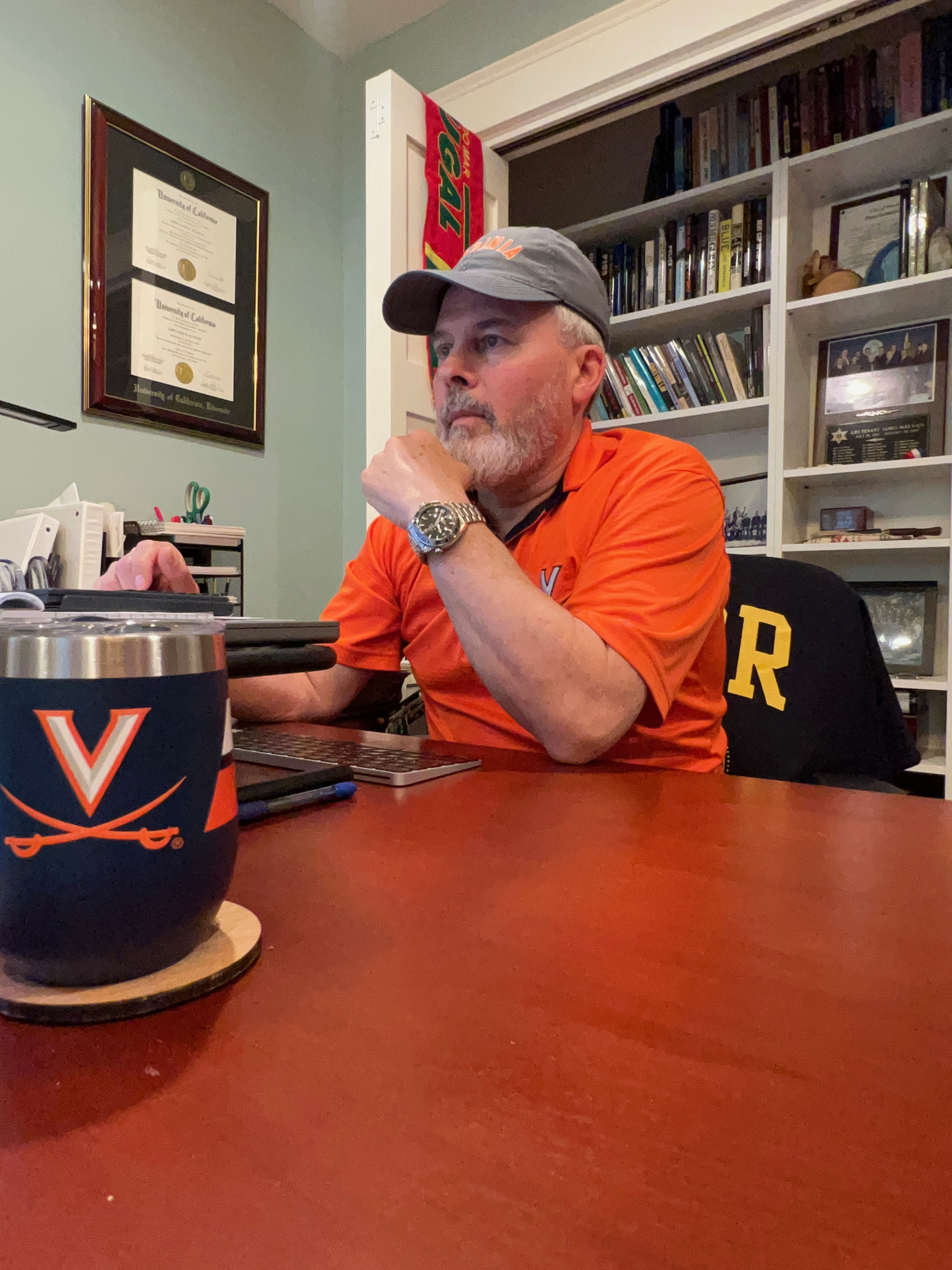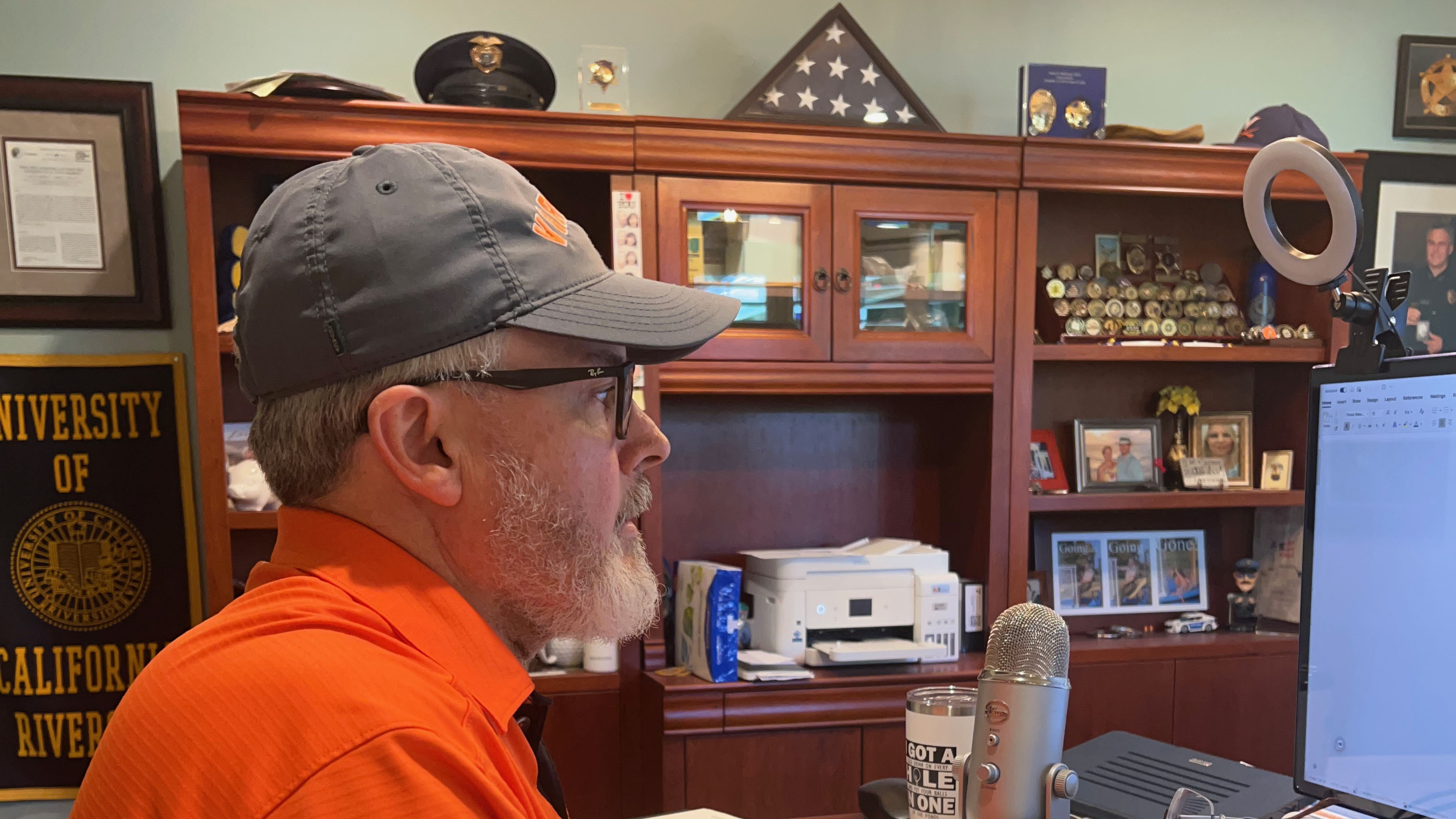The Evolution of Education Requirements in Law Enforcement: A Historical Perspective
About 40 years ago, while attending Sacramento Community College and taking courses in the administration of justice, one of my professors emphasized the importance of education for police officers. In the conversation, he referenced the 1967 President’s Commission on Law Enforcement and Administration of Justice and its Task Force Report: The Police. Sometime later, I obtained the report, and I still have it on my shelf. Reading the report about 20 years after it was written, I was struck by how much attention the Commission devoted to the issue of education.

Even in 1967, education was not a new concept. The Commission referenced the earlier Wickersham Commission report from 1931, which had already called for a more educated police force. Yet more than 36 years later, the issue remained unresolved. According to the 1967 report, many police departments had yet to set a minimum requirement for applicants to possess a high school diploma. It also noted that as of 1966, “there were 134 degree programs which could be identified as oriented toward police service, 100 of which were two-year degree programs in police science offered at junior colleges.”
Decades of Advocacy: How Education in Policing Remains an Unresolved Challenge
Fast forward nearly five decades: even though there are well over 2,000 college and university programs offering criminal justice-related degrees, the question of “Does education matter in policing?” remains. The Final Report of the President’s Task Force on 21st Century Policing once again highlighted the importance of ongoing training and formal education. The report encouraged agencies to “incentivize higher education” and to support continuous professional development that should be mandated throughout an officer’s career.
Today, many agencies struggle to recruit and retain officers, a situation that further exacerbates the issues when trying to increase education expectations for police officers. Mandating that police applicants possess a college education could further narrow the applicant pool, particularly in rural or economically disadvantaged areas. Furthermore, as systemic barriers continue to affect access to higher education for many underrepresented communities, concerns can arise that higher education requirements – and the financial costs for individuals and agencies – could inadvertently limit the diversity of police forces.
When considering the future of policing, we should reflect on these decades-long and consistent recommendations. From 1931 to 1967, and then to 2015, the call for a more educated police profession has been persistent and clear, if not urgent. The complexity of modern policing requires more than tactical training: it demands knowledge, reflection and the capacity for sound judgment.
Balancing Higher Education Standards with Recruitment and Diversity in Modern Policing
Policing professionals should be lifelong learners who are committed both to their craft and to the communities they serve. However, I also recognize that obtaining higher education presents real obstacles. If we are to continue to raise expectations, we must equip officers with the tools they need to adapt, think critically and lead with integrity. Accomplishing these goals requires further discussion with identified stakeholders so that we can create realistic, accessible and equitable pathways forward.
These are not just policy considerations; they are worthwhile and important conversations about policing’s future that deserve our attention. In the end, public trust and confidence in policing depend not only on what police officers do but also on how well we, collectively, prepare them to do it as we all face the challenges of a diverse and ever-changing environment.


